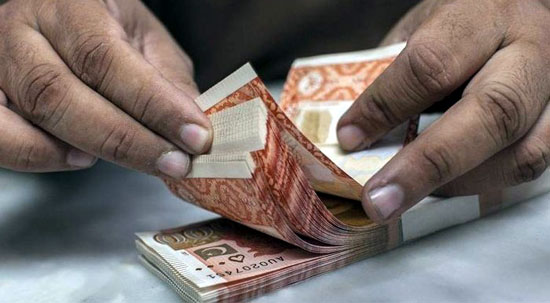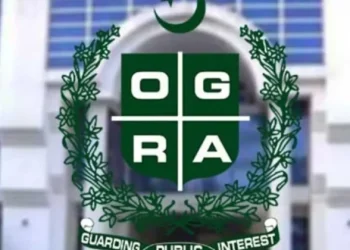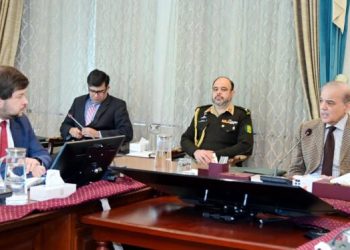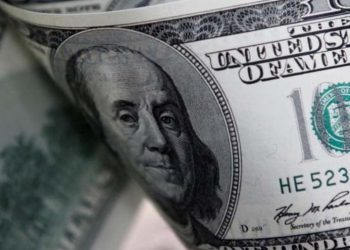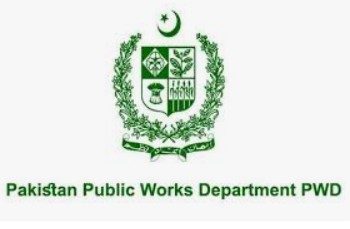ISLAMABAD: As the Pakistani currency tested a new all-time low of Rs240 against the dollar in early trading on Wednesday, country’s top policymakers described the current economic situation as “worrisome” and “stressful”, as a parliamentary hearing confirmed reports that commercial banks quoted high dollar rates that caused more volatility in the exchange market.
In a hearing by the Senate Standing Committee on Finance, the representatives of eight commercial banks that were issued show-caused notices did not deny that they quoted higher dollar rates against the rupee. But each one gave his own justification, essentially throwing blame on dollar shortage in the market.
Dr Aisha Pasha, the minister of state for finance, described the current situation as “worrisome and not the best time to manage the economy”.
Dr Inayat Hussain, the deputy governor of the State Bank of Pakistan, said that the situation was “stressful”.
The committee, headed by Senator Saleem Mandviwalla, had summoned the representatives of eight commercial banks that were issued show-cause notices by the central bank on suspicion of currency manipulation.
The representatives of the National Bank of Pakistan, Allied Bank Limited, Bank Al Habib, Standard Chartered Bank, Meezan Bank, Habib Bank Limited, HabibMetro Bank and the United Bank Limited appeared before the standing committee.
The central bank deputy governor said that these banks had been served show-cause notices as they quoted higher dollar rates to importers on some of the transactions and made substantial profits.
The eight banks had been picked for inspection based on their trade volumes and “substantial profits” that they made till the end of June, the deputy governor said.
“The banks quoted very high rates on some of the transactions, which created more volatility and uncertainty,” Dr Hussain said.
The hearing took place the day Pakistan’s rupee touched its lowest ebb of Rs240 to a dollar, partly due to the roles played by these banks, according to an analyst.
But towards the end of the day the currency recovered partially and closed at Rs239.65.
The deputy governor said that it was a very stressful situation for both the central bank and the commercial banks. “We are forced to impose trade restrictions on 15-20% of the total imports due to the gap between foreign inflows and outflows,” he said.
“Till the time the outflows balance with the inflows, these restrictions will remain in place,” he added, indicating that the tight conditions would continue for a while.
The senators raised questions about the delay in opening of the letter of credits (LCs) – an instrument of international trade – and timely payments of the maturing import payments.
“We have been receiving requests for the opening of the LCs but are discouraging only those LCs where the nature of payments is in advance or the imports are not of essential nature,” the deputy governor said.-Agemcoes


